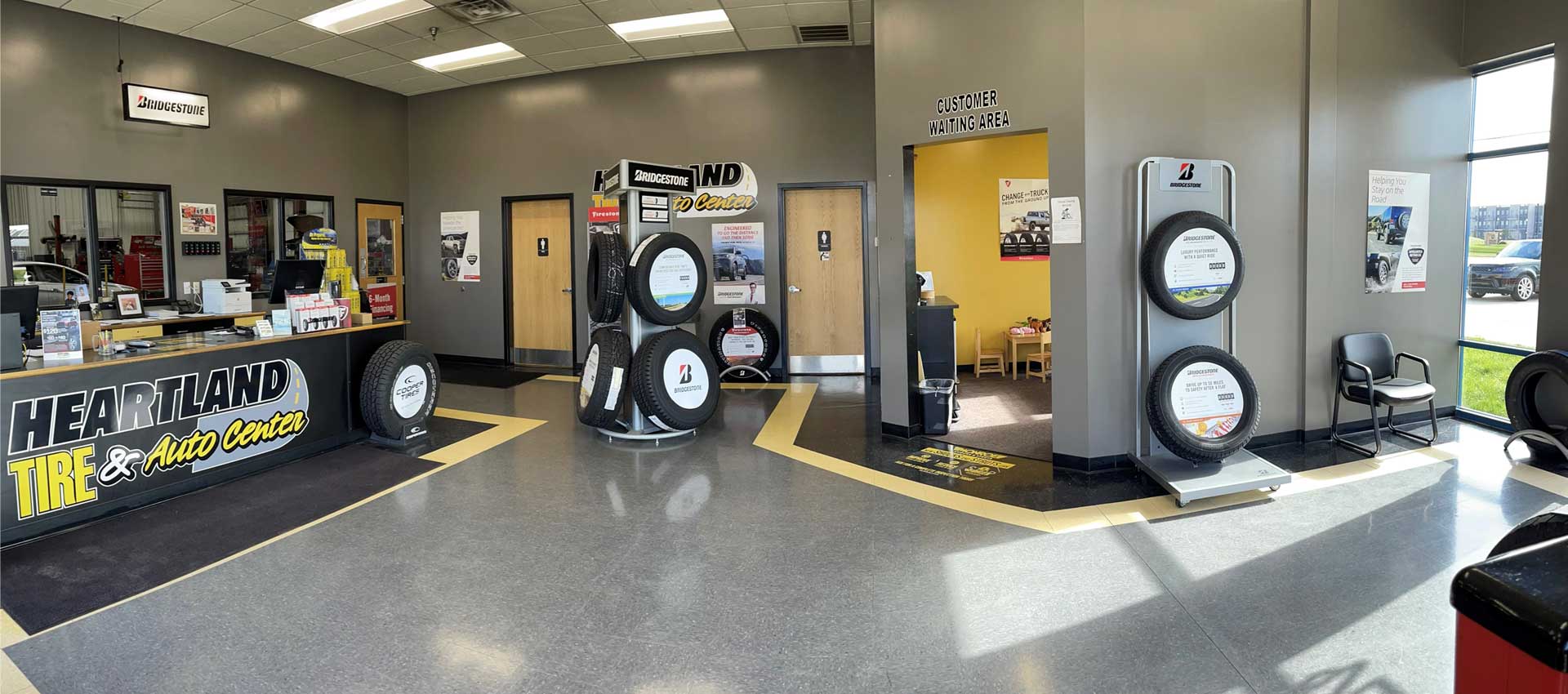Morris Tire and Alignment: Your Relied On Resource for Reliable Service
Morris Tire and Alignment: Your Relied On Resource for Reliable Service
Blog Article
Tire Solution: Recognizing Tire Pressure Tracking Systems
Recognizing Tire Pressure Monitoring Systems (TPMS) is an essential facet of preserving optimum lorry performance and safety and security on the roadway. With innovations in vehicle modern technology, TPMS has become a typical feature in modern-day cars, offering real-time info on tire pressure degrees.

Importance of TPMS
The value of Tire Pressure Monitoring Equipments (TPMS) depends on their capability to boost lorry safety and security and performance through real-time monitoring of tire stress degrees. Maintaining the appropriate tire stress is crucial for ensuring ideal handling, stopping, and overall safety of a car. TPMS supplies motorists with immediate responses on any overinflated or underinflated tires, enabling prompt modifications to be made.
Components of TPMS
Sensing units are generally located in the tire valve stem or connected to the wheel assembly, where they gauge tire stress and transfer information to the control component. Some progressed TPMS models also display the actual tire stress readings for each tire, giving chauffeurs with real-time information to make certain optimal tire performance and security. By monitoring tire stress constantly, TPMS assists avoid mishaps, lowers tire wear, and improves fuel efficiency, making it a crucial component for car safety and security and efficiency. morris tire and alignment.
Sorts Of TPMS

On the other hand, indirect TPMS counts on the automobile's wheel rate sensing units to monitor tire pressure. This system discovers underinflation by comparing the rotational rates of the wheels. Indirect TPMS is less pricey than straight TPMS, as it utilizes existing sensors within the car.
While straight TPMS offers extra exact analyses, indirect TPMS is simpler in layout and commonly calls for less maintenance. Both systems have their advantages and restrictions, and the option between them usually depends on aspects such as price, car make, and individual preference. Comprehending the differences between these two types of TPMS can aid vehicle proprietors make informed choices regarding tire maintenance and safety and security.
TPMS Upkeep Tips
Reliable upkeep of TPMS is important for guaranteeing ideal efficiency and safety of your automobile. Routinely evaluating the TPMS sensors for any damages or deterioration is crucial. Ensure that the sensors are tidy and free from particles that can hinder their performance. Furthermore, it is advisable to examine the sensor batteries regularly and change them as required to assure exact readings. Conduct routine checks on the tire stress degrees and contrast them with the TPMS readings to guarantee they correspond. If there are any type of disparities, alter the system complying with the supplier's standards. Additionally, during tire rotation or replacement, ensure that the TPMS elements are taken care of very carefully to avoid any kind of potential damages. Lastly, if the TPMS alerting light illuminates on the dashboard, attend to the issue immediately by inspecting the tire stress and the overall system for any faults. By adhering to these maintenance tips, you can lengthen the lifespan of your TPMS and boost the her explanation security of your driving experience.
Advantages of Proper Tire Stress
Keeping proper tire pressure, as stressed in TPMS Upkeep Tips, is important for reaping the countless advantages connected with ideal tire pressure degrees. Furthermore, correct tire stress ensures even tire wear, expanding the lifespan of the tires and advertising safer driving conditions. In final thought, the benefits of proper tire pressure go beyond just tire durability; they encompass boosted gas effectiveness, improved security, much better car efficiency, and general driving convenience.
Final Thought
To conclude, understanding tire pressure monitoring systems (TPMS) is crucial for keeping optimum tire pressure and making certain car security. By identifying the significance of TPMS, recognizing with its parts, recognizing the various kinds readily available, sticking to appropriate upkeep tips, and understanding the benefits of preserving correct tire stress, drivers can improve visit this site right here their driving experience and extend the life-span of their tires. Appropriate tire pressure is essential to secure and effective automobile procedure.

Report this page